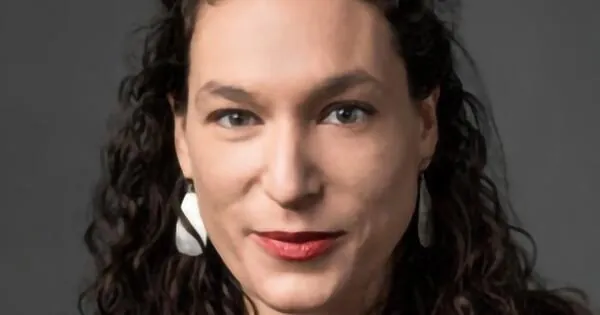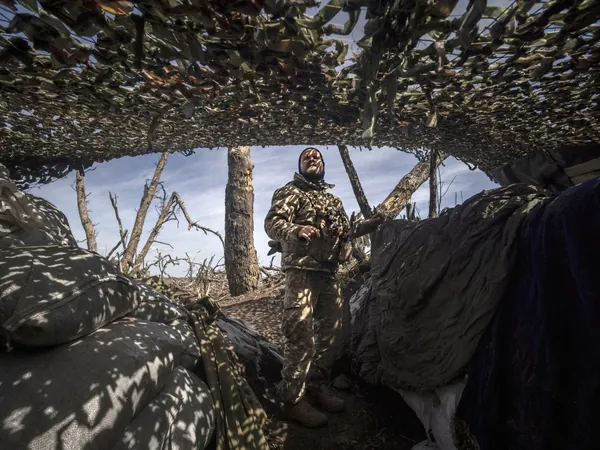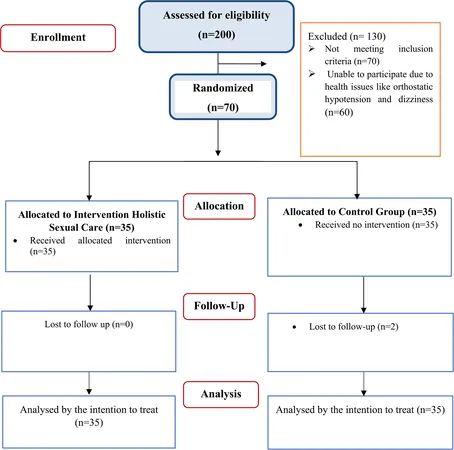
The Crucial Conversation: Tackling Depression and Suicide Head-On
2025-01-13
Author: Noah
Understanding Mental Health Awareness
In an era where mental health awareness is more crucial than ever, Anna Mehler Paperny stands out with her poignant insights into depression and suicide. As the author of the deeply introspective book, "Hello I Want to Die Please Fix Me: Depression in the First Person," she emphasizes the power of conversation in changing perceptions and enhancing treatment options for mental health issues.
On January 23, she will engage in an open discussion at the University of Calgary as part of the Community Mental Health and Well-Being Strategy (CMHWS). This event invites campus members to contribute to a hopeful dialogue about the realities of depression and the contemplation of suicide—topics that, despite their seriousness, deserve to be openly discussed.
Recognizing Early Warning Signs
Although Mehler Paperny had a generally positive university experience, she reflects on how subtle signs of her declining mental health went unnoticed until it was nearly too late. “Looking back, I noticed feelings of failure that suggested I was grappling with depression,” she admits. With the pressure to excel academically, many students often overlook their mental well-being. How can we foster an environment where students feel safe to discuss their struggles?
Keeping the Conversation Alive Can Save Lives
She advocates for openness when broaching the sensitive subjects of depression and suicidal thoughts. “It’s daunting to voice feelings of despair, but open discussions can be profoundly effective in decreasing stigma and preventing tragedies,” says Mehler Paperny. Her direct approach encourages individuals to share their experiences, thus creating pathways for support and healing.
Mehler Paperny also provides practical advice for initiating these discussions. It involves being intentional—taking time to listen and understand, rather than only offering advice. “Let the person set their own boundaries during the conversation. It’s essential to affirm their feelings without imposing your understanding,” she adds.
The Future of Mental Health Care: A Call for Change
Paperny’s book not only shares her personal struggles; it also highlights the critical state of Canada’s mental health system. "While I hold a glimmer of optimism, there is still a significant gap in how society addresses mental health in comparison to physical health," she says. The urgency for improved treatment options cannot be overstated. As awareness grows, so must the initiatives that aim to create sustainable support systems.
Andrew Szeto, director of CMHWS and psychology professor, echoes these sentiments, noting the unique position of institutions like UCalgary in promoting mental health research. “Our commitment lies in creating inclusive spaces where every member can thrive. We have immense potential to undertake initiatives that elevate mental well-being on campus,” he explains.
Through collaborative efforts, including the Suicide Awareness and Prevention Framework, UCalgary aims to ensure that every individual—across any level of the university—plays a role in fostering a supportive community. Szeto emphasizes how acts of empathy and intentional check-ins significantly contribute to nurturing an environment where peers feel valued and understood.
Join the Conversation
Mehler Paperny will participate in "Living with Suicide: A Community Dialogue" on March 23, alongside fellow members of the UCalgary community. This free event serves as a platform for sharing experiences and insights.
If you or someone you know is struggling with thoughts of suicide, it's vital to remember that help is available. For immediate assistance, call emergency services or specialized mental health support lines. Your voice can make a difference, and together we can break the silence surrounding mental health challenges.
Let us open the dialogues that can change lives—because when it comes to mental health, talk isn't just important; it can be life-saving.









 Brasil (PT)
Brasil (PT)
 Canada (EN)
Canada (EN)
 Chile (ES)
Chile (ES)
 Česko (CS)
Česko (CS)
 대한민국 (KO)
대한민국 (KO)
 España (ES)
España (ES)
 France (FR)
France (FR)
 Hong Kong (EN)
Hong Kong (EN)
 Italia (IT)
Italia (IT)
 日本 (JA)
日本 (JA)
 Magyarország (HU)
Magyarország (HU)
 Norge (NO)
Norge (NO)
 Polska (PL)
Polska (PL)
 Schweiz (DE)
Schweiz (DE)
 Singapore (EN)
Singapore (EN)
 Sverige (SV)
Sverige (SV)
 Suomi (FI)
Suomi (FI)
 Türkiye (TR)
Türkiye (TR)
 الإمارات العربية المتحدة (AR)
الإمارات العربية المتحدة (AR)